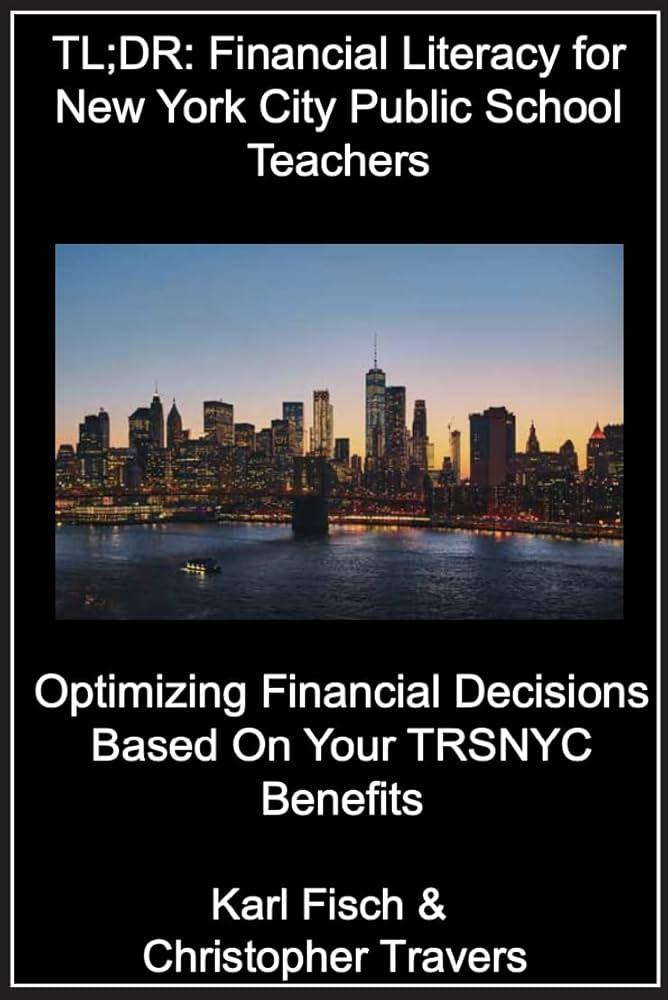Transforming Financial Education in NYC Public Schools
Beginning this academic year, New York City’s public school system is set to implement an all-encompassing financial literacy program designed to arm students with vital money management competencies. This curriculum spans fundamental topics such as budgeting, saving, credit understanding, and investing, ensuring learners develop the confidence to handle their finances wisely. The initiative addresses the alarming rates of financial illiteracy among youth nationwide and aligns with a broader movement to embed practical economic skills into K-12 education.
Core elements of the program include:
- Hands-on workshops featuring real-life financial scenarios
- Partnerships with community banks and finance professionals
- Customized lesson plans tailored for each grade level, from elementary through high school
- Emphasis on digital financial literacy and cybersecurity in online transactions
- Regular assessments to monitor student understanding and progress
| Grade Range | Primary Focus | Skills Acquired |
|---|---|---|
| Grades 3-5 | Introduction to money concepts | Recognizing currency, basic budgeting |
| Grades 6-8 | Banking fundamentals and saving | Account management, interest comprehension |
| Grades 9-12 | Credit systems and investment principles | Credit scoring, stock market basics |
Building Practical Financial Skills for Adolescents
NYC’s revamped curriculum prioritizes experiential learning to prepare middle and high school students for real-life financial decisions. Moving beyond theory, the program incorporates interactive projects such as simulated investment portfolios and expense tracking exercises, encouraging students to critically analyze their spending habits and savings goals. This approach fosters financial responsibility and empowers youth to make sound monetary choices early in life.
Highlights of this hands-on approach include:
- Personal Budgeting Exercises: Students design budgets reflecting typical teenage expenses like transportation and entertainment.
- Savings Incentive Programs: Goal-driven challenges that promote consistent saving habits.
- Credit Awareness Modules: Lessons on credit utilization, debt management, and maintaining healthy credit scores.
| Skill Area | Target Grade | Focus Topic |
|---|---|---|
| Budget Development | Middle School | Balancing spending and saving |
| Investment Fundamentals | High School | Evaluating risks and returns |
| Credit Management | High School | Responsible borrowing |
By centering education on these applicable skills, NYC aims to nurture financially literate young adults ready to confidently face the economic realities of adulthood.
Empowering Educators with Specialized Financial Training
To guarantee effective delivery of the new financial literacy curriculum, NYC public school teachers are participating in extensive professional development programs. These sessions equip educators with innovative teaching strategies, including technology-enhanced lessons and interactive financial simulations, to engage students meaningfully. Teachers are trained to simplify complex topics such as credit management, budgeting, and investment concepts, making them accessible and relevant.
Ongoing support for educators includes:
- Workshops on current financial trends and regulatory updates
- Access to gamified learning platforms and digital financial tools
- Collaborative networks for sharing instructional best practices
- Personalized coaching sessions to address classroom challenges
| Training Module | Focus | Duration |
|---|---|---|
| Interactive Pedagogy Workshops | Engagement and teaching methods | 4 hours |
| Digital Financial Tools | Simulations and gamification | 3 hours |
| Peer Learning Communities | Sharing strategies and resources | Ongoing |
| Individualized Coaching | Targeted classroom support | Monthly |
Integrating Realistic Financial Scenarios to Enhance Learning
Financial education experts stress the value of embedding practical, real-world scenarios into classroom instruction to deepen student understanding. By simulating everyday financial decisions—such as managing rent payments, calculating loan interest, or evaluating investment options—students gain hands-on experience that textbooks alone cannot provide. This method cultivates critical thinking and prepares learners to confidently manage their finances as they transition into adulthood.
Recommended classroom activities include:
- Simulated credit card transactions to illustrate responsible usage
- Budgeting exercises aligned with typical student income and expenses
- Interactive tax filing simulations to demystify tax obligations
- Group projects focused on launching and managing small business ventures
| Scenario | Skills Developed | Classroom Activity |
|---|---|---|
| Monthly Budget Creation | Expense management, prioritization | Develop a personal budget using provided templates |
| Loan Repayment Analysis | Interest calculation, financial decision-making | Compare and select optimal loan repayment plans |
| Investment Simulation | Risk evaluation, portfolio management | Manage a mock stock portfolio and track performance |
Looking Ahead: The Future of Financial Literacy in NYC Schools
As New York City public schools embark on this ambitious financial literacy journey, students will be better equipped to navigate an increasingly complex economic environment. This forward-thinking curriculum underscores the critical role of financial education in fostering lifelong economic well-being. By instilling practical knowledge and confidence, NYC is setting a precedent for empowering its youth to make informed financial choices that will benefit them throughout their lives.













